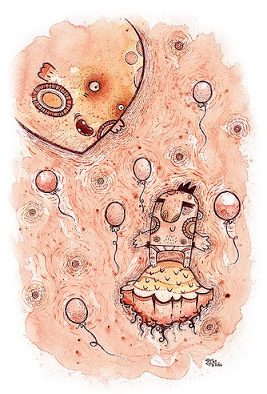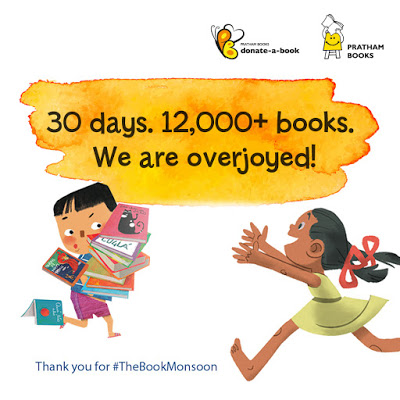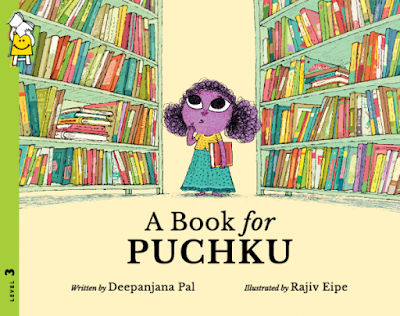Chintan’s Post

 (Our friend Chintan sends us so many awesome links that we’ve decided to compile many of them in one place. This is a guest post by Chintan Girish Modi. He is pursuing an M.Phil. in English Language Education. He is interested in poetry, travel, children’s books, libraries, and alternative modes of assessment, particularly peer feedback. He writes for Teacher Plus and Young World, and manages People in Education, an online group that connects various stakeholders in education, and facilitates the sharing of resources.)
(Our friend Chintan sends us so many awesome links that we’ve decided to compile many of them in one place. This is a guest post by Chintan Girish Modi. He is pursuing an M.Phil. in English Language Education. He is interested in poetry, travel, children’s books, libraries, and alternative modes of assessment, particularly peer feedback. He writes for Teacher Plus and Young World, and manages People in Education, an online group that connects various stakeholders in education, and facilitates the sharing of resources.)
While in Hyderabad last week, I chanced upon a second-hand copy of Herbert Kohl’s “I won’t learn from you” And Other Thoughts on Creative Maladjustment.
Kohl writes of exciting childhood weekends spent at department stores in Manhattan, rummaging through stuff his parents would have never been able to afford. By and by, he got pally with people at the stores. Not only did he learn to play sheet music on a grand piano and got free chess lessons, he was also allowed to try out almost anything as long as there were no customers around. Kohl writes, “Those experiences overcame my boredom with school and taught me how to find real teachers and places of learning, the first time it occurred to me that I might be able to take conscious control over my own education. To this day, my favourite sources of educational and writing ideas are bookstores, toy stores and department stores. I learned early on not to mistake schooling for learning, which takes place out of school at least as much as it does within it.”
A core theme in educational reform is the alarming disconnect between what children are taught and the concerns of their own lives. This theme has struck a chord with me, and I’ve been reading up on initiatives that seek to strengthen links between schools and homes/communities/neighbourhoods. While my interest extends to a variety of projects, the chief sites of my exploration have been classrooms that deal with the teaching-learning of English, particularly what we refer to as writing or composition. This slim area of focus owes to my current preoccupation with an M.Phil. dissertation in English Language Education. This blog post is meant to chronicle some of what I’ve discovered along the way, and to invite you to share thoughts-feedback-more resources. I will try to resist the urge to waft into academese, but pardon my slippages, if any.
Here’s a moving narrative presented by Erin Gruwell, a new teacher at a multi-cultural, multi-racial school in Long Beach, California. It is a school full of young people who are considered troublesome, at-risk, violent, worse still ‘unteachable’. Gruwell looks past these labels, and begins to nurture her students with courage and love. She picks out books about other children in violent circumstances — Anne Frank: The Diary of a Young Girl and Zlata’s Diary: A Child’s Life in Sarajevo – and helps them learn to see the parallels in these books to their own lives. Meeting people their own age in other places and other times, Gruwell’s students are motivated to pen down their own stories in the form of diary entries. There’s pain, and there’s healing too. One of Gruwell’s students remarks, “I’ve never read something in school that relates to something that happened in my life.” Perhaps this is something that many kids (http://chintangirishmodi.wordpress.com/2009/05/12/off-the-mark/) mutter to themselves, unafraid to share it with parents and teachers.
Image Source: Alberto+Cerriteño





